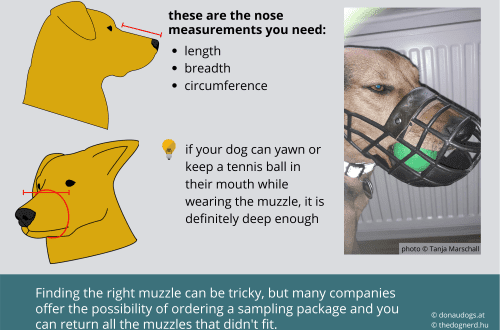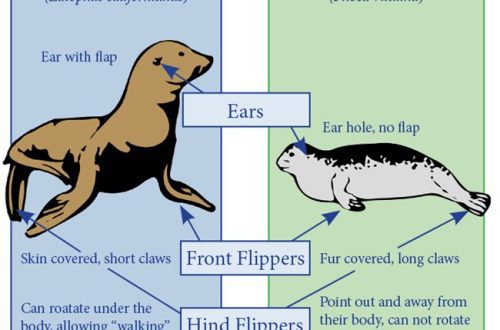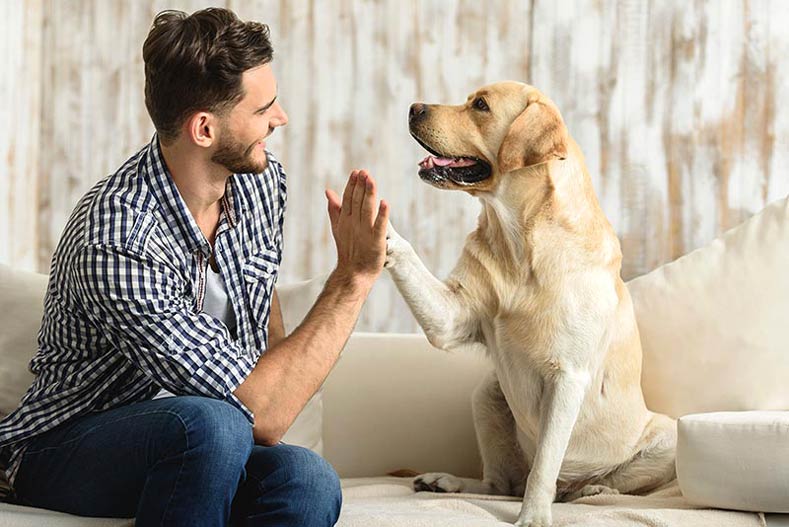
Do dogs cooperate?
As a rule, a person gets a dog to become his friend. So, he is counting on cooperation from her side. Are dogs capable of cooperating – including with humans?
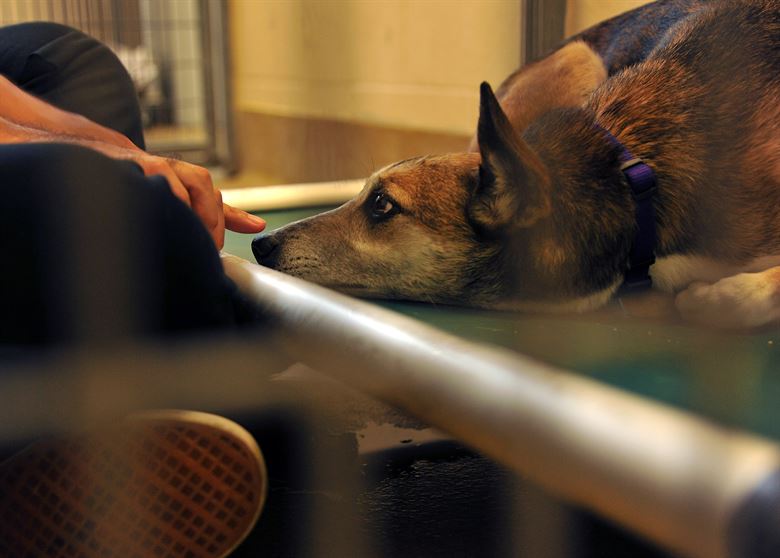
Photo: af.mil
To answer this question, you need to know how dogs interact in a pack. How do they differ from the wild animal with which dogs have a common ancestor – the wolf, and what do they have in common?
What is the difference between a dog and a wolf?
If we compare dogs and wolves, we will find about the same differences as between chimpanzee and bonobo monkeys.
Wolves, like chimpanzees, are quite intolerant of strangers, and if they meet a member of another pack, they can behave quite aggressively. Dogs, unlike wolves, as a rule, do not show aggression towards unfamiliar dogs even in adulthood, and if this happens, it is mainly due to human behavior or breeding characteristics. And so far there has been no evidence that stray dogs have killed relatives, even strangers.
Another difference is that dogs allow unfamiliar dogs to sniff themselves in the genital area, while wolves do not. It seems that wolves are not too inclined to “frankly”, that is, to provide strangers with “personal data”.
Also, the peculiarity of wolves is that they form strong married couples and jointly raise cubs, who sometimes, having matured, remain to live with their parents, forming a pack, and then help raise their younger brothers and sisters. Dogs, on the other hand, are not distinguished by such constancy, and the bitch raises puppies alone. And there are practically no cases when a male takes part in raising cubs or grown puppies stay with their mother and help her raise the next brood. This is probably one of the consequences of domestication.
The wolves that form a pack act together, hunt together and protect their offspring. This is a guarantee that most of the cubs survive, while most of the stray dog puppies die. Duke University researchers report that only 1% of stray dogs survive to their first birthday.
Wolves are adept at hunting together, they successfully coordinate their actions and therefore can get enough to feed themselves and their cubs. At the same time, there is no evidence that stray dogs can successfully cooperate when hunting.
And, of course, the attitude of wolves and dogs to humans is different. Wolves compete with humans for resources, while dogs, in the process of domestication, have learned to communicate successfully and are “attuned” to people.
That is, we can conclude that wolves improved in cooperation with each other, while dogs improved in cooperation with people.
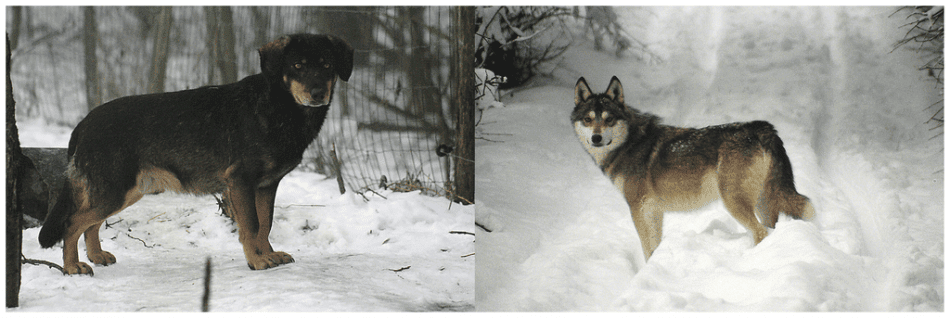
In the photo: a dog and a wolf. Photo: wikimedia.org
Why do dogs cooperate with humans?
It is likely that the domestication of dogs was beneficial to both animals and humans. On the hunt, dogs can detect prey before a person, catch up with it and hold it until the hunter arrives, and a person developed more and more advanced murder weapons.
But due to what dogs began to differ sharply from wolves, but learned to be such wonderful helpers for people?
Scientists tried to answer this question and conducted experiments.
The first experiment was to show do dogs recognize each other. After all, if you live in a pack, you must distinguish pack members from strangers, right? And dogs remember people very well. What about relatives?
The essence of the experiment was simple. The puppies, taken from their mother at two months of age, were re-introduced to her two years later. Moreover, she was given the opportunity to see and / or sniff both grown puppies and other dogs of the same breed and age. The researchers observed whether a mother would prefer to interact with her children or with unfamiliar dogs that look exactly the same.
The result showed that the dog is able to recognize its puppies even two years after separation, both in appearance and smell. The puppies also recognized their mother. But it is curious that the puppies from the same litter, siblings who were separated in childhood, were not able to recognize each other after a two-year separation. However, if one of the puppies, for example, during these two years had the opportunity to communicate regularly with a brother or sister, he would recognize other puppies from the same litter that he had not seen for such a long time.
That is, dogs can recognize their family members and prefer to communicate with them, like most other animals.
А Can dogs experience empathy? After all, empathy is a necessary component of cooperation. Many are capable, as the diagnostic empathy game proves.
It has also been proven that when communicating with a dog, both in an animal and in a person increased production of oxytocin – a hormone that is responsible for attachment and trust in another being.
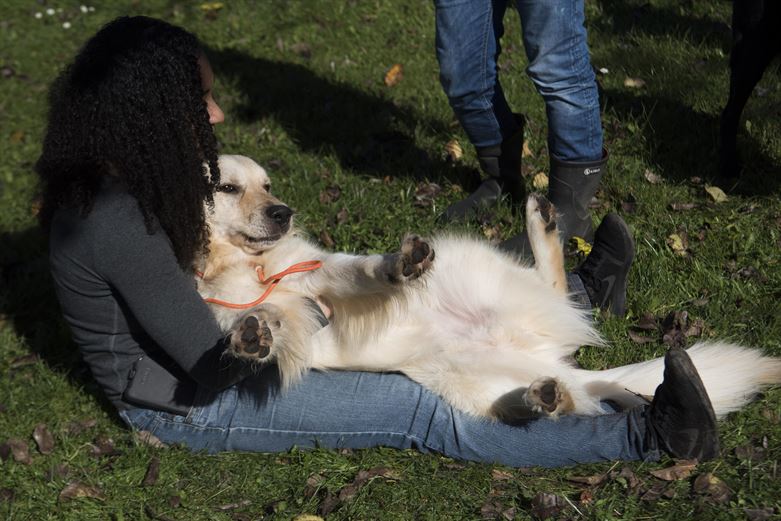
Photo: af.mil
So the conclusion suggests itself: dogs seem to be specially created for cooperation with humans.




